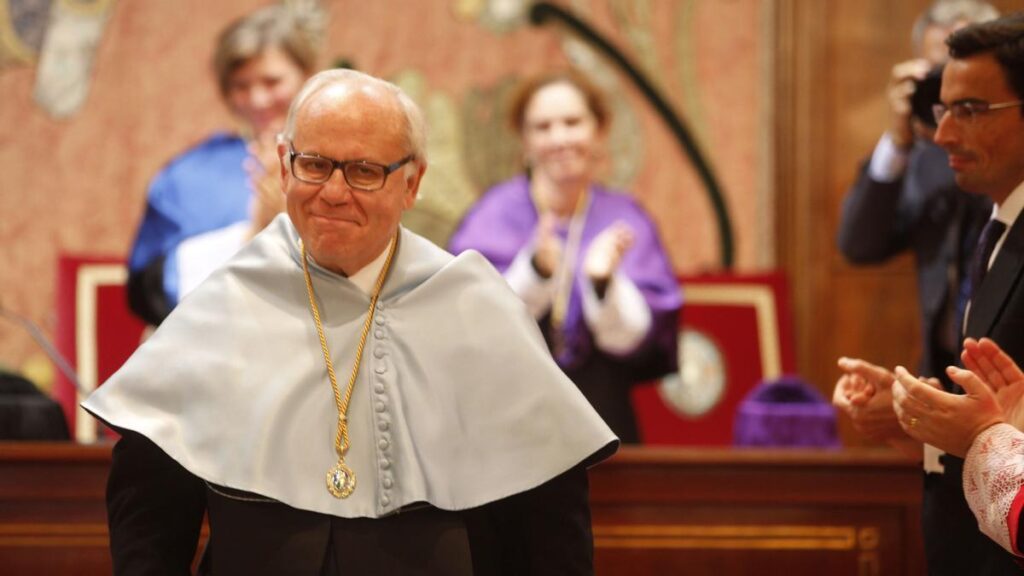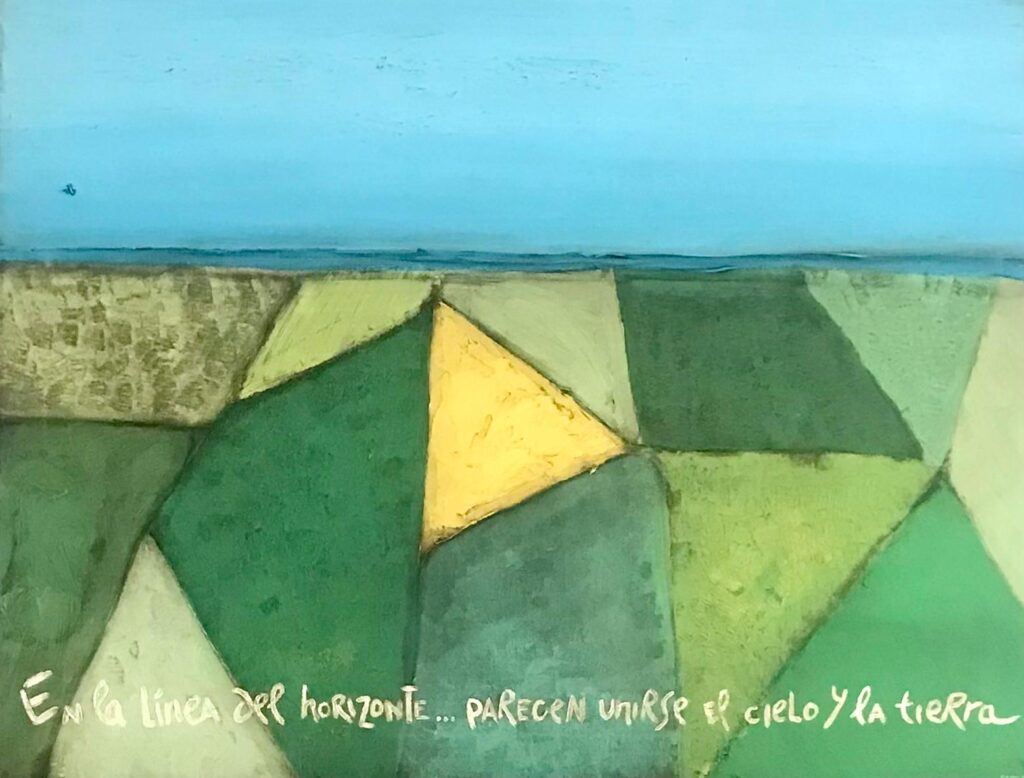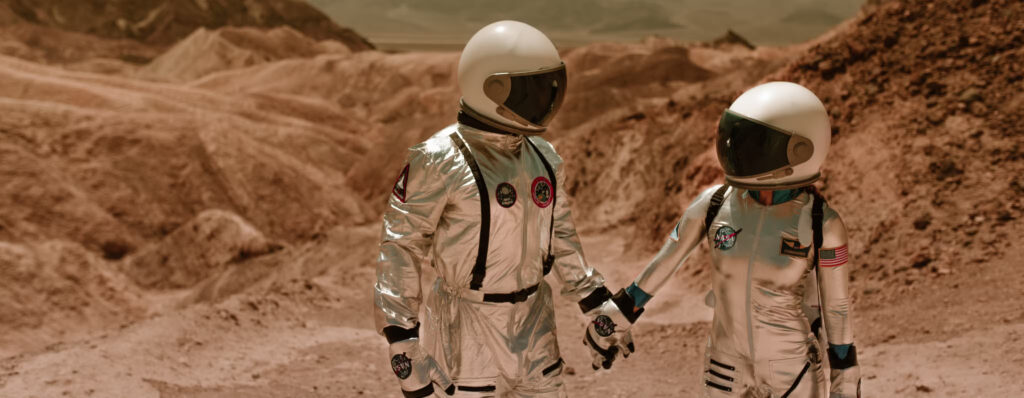Alejandro Llano: learning to live and to correct
Reflections on the philosopher who transformed the search for knowledge

Life is an addition, not a repetition, Alejandro Llano (1943-2024) would say. Such was the life of this great Spanish philosopher who has just passed away at the age of 81, a constant addition to his life, like a tense vector towards a goal: the life achieved, with its comings and goings. Search for personal excellence animated by thought and love. Life outward, dedicated to the good of the loved one, seeking to do good to others in all dimensions of social life. His reflections on contemporary culture, political philosophy, ethics, the theory of knowledge, and metaphysics are a sample of the breadth of his intellectual concerns. He made a path by walking and helped many to travel the paths of philosophy and those of life, in their prosaic expressions.
During my university education (before and now), Alejandro Llano’s work helped me move through the field of Humanities. I started with his manual of Gnoseology and continued with many of his books that have been a reference, mainly, in the fields of political philosophy and ethics. His investigations into culture, the university, and the ups and downs of society have left me with refreshing ideas to go through life not so blindly. His essays opened up new horizons for reflection. I was formed in the shadow of his books.
I spoke with him occasionally, at the University of Navarra and at the University of La Sabana in Bogotá, where I attended a Conference on Albert Camus. On this occasion he was the main guest. As usual, calm, suggestive, sharp, kind. Together with his brother Carlos Llano (1932-2010) – another great figure of contemporary philosophy and management – he made a good duo. They got along very well and collaborated on joint publications. For example, they wrote an essay called Paradoxes of Business Ethics. A text that is usually read regularly by my Business Ethics students at Udep. It presents a comprehensive view of business ethics in all its dimensions: the perspective of standards (what should I do), the dimension of human action aimed at achieving goods (what do I want to do, what do I want to become) and the usual disposition of human action embodied in moral virtues.
He knew how to be there where human concerns appeared. At the end of the 1980s, he took note of the new social sensitivity that was beginning to take on a face of its own, delving into social complexity, trying to see ways to direct the wealth of the creative force of human beings. In contrast to the paradigm of certainty, based on control mechanisms, strategic planning of closed systems and laws of history, he rather fostered the paradigm of trust, open to hope, to the novelty of freedom and to healthy surprise. Pure common sense, certainly, but obscured in our time by the overwhelming movement of computer systems that want to cage reality.
Like Pascal, Alejandro Llano was very clear that in our social work we must know how to harmonize the spirit of geometry -management of quantity and control of processes-with the spirit of finesse -quality, understanding, empathy-, in such a way that reaching out to everyone, proper to geometry, matches addressing each one, an exquisite manifestation of the spirit of finesse.
Alejandro Llano, a great philosopher; moreover, an endearing teacher of life: may he rest in peace.
Interview with Alejandro Llano published in the Diario de Navarra.
Related

Emilio Girón: Stubbornness and Tinto de Verano
Exaudi Staff
30 March, 2025
5 min

Facing Divorce as a Christian Couple
Laetare
28 March, 2025
2 min

Mars Colonization: Technological Progress or Threat to Human Dignity?
Observatorio de Bioética UCV
28 March, 2025
9 min

The Good Smell of Coffee
Edistio Cámere
27 March, 2025
3 min
 (EN)
(EN)
 (ES)
(ES)
 (IT)
(IT)

